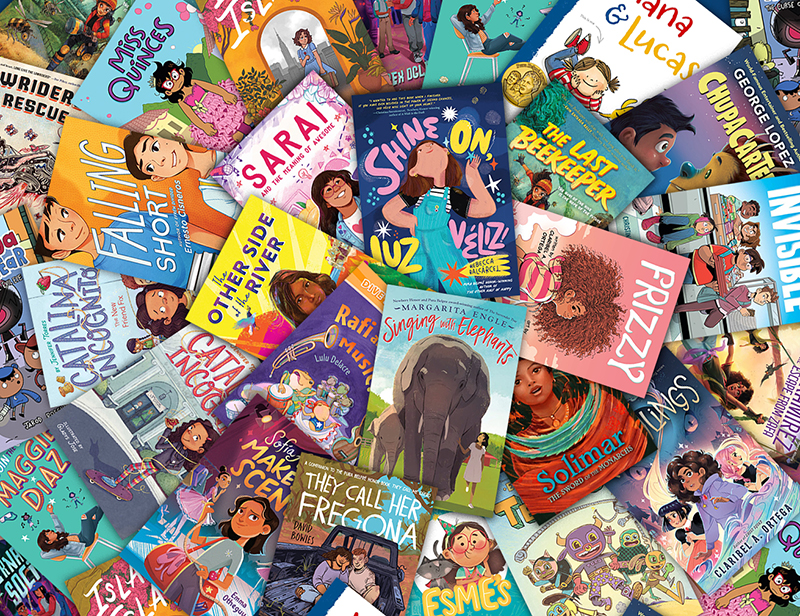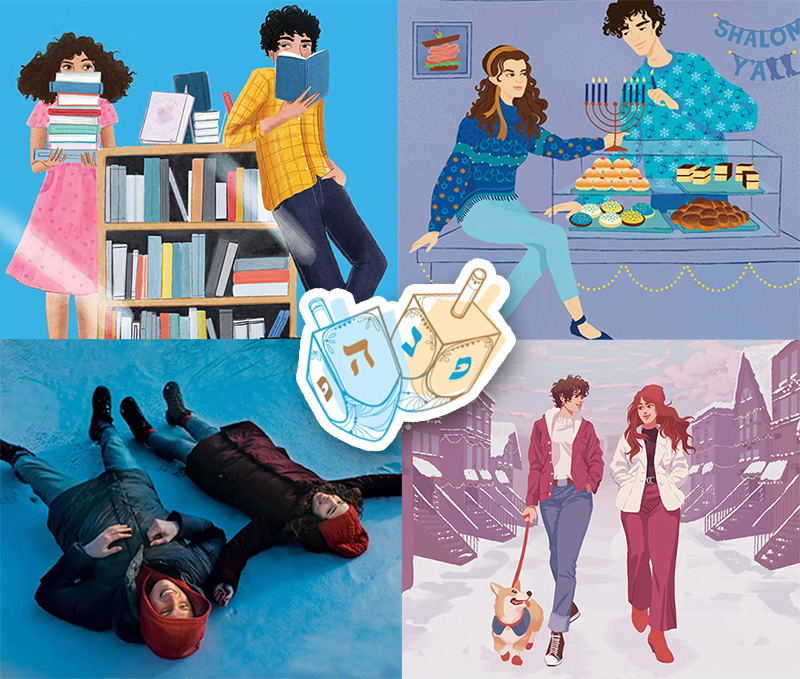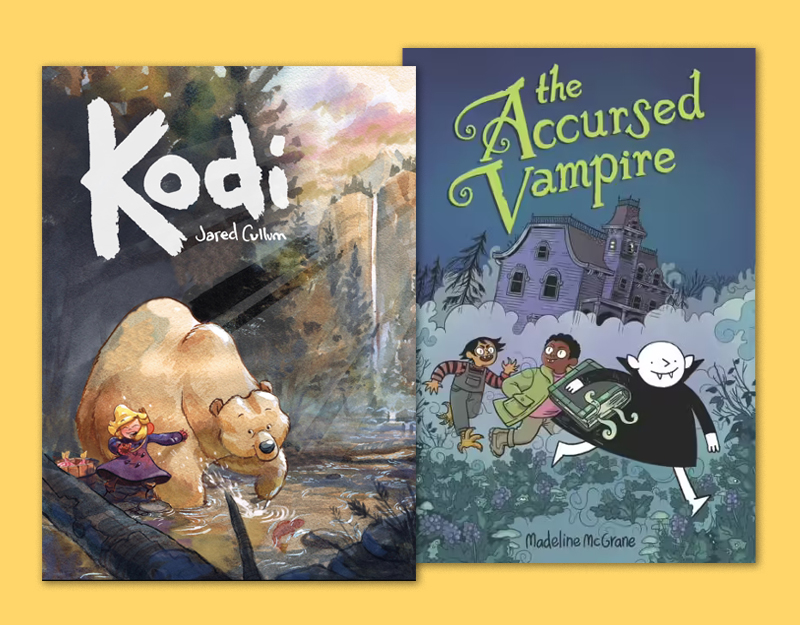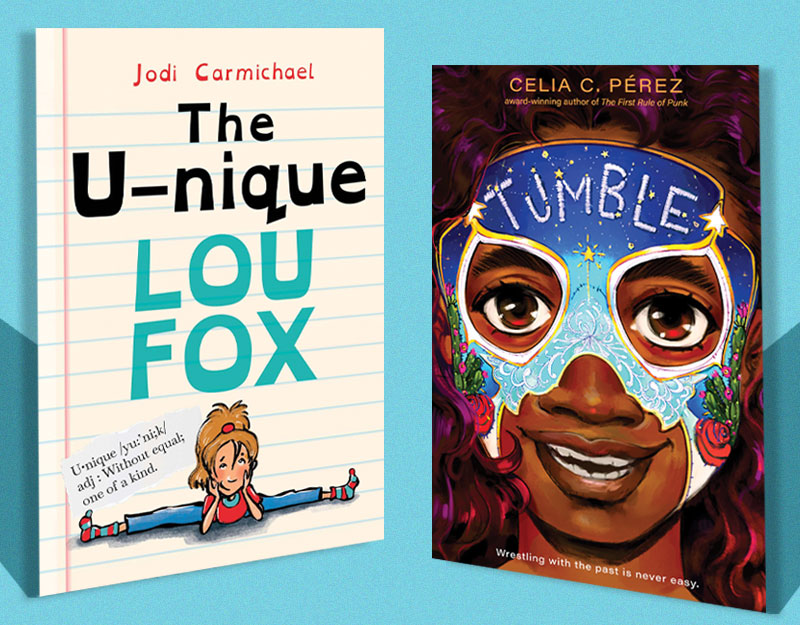Teen Issues: Autism and Libraries
It is hard these days not to hear about and think about Autism. Statistics indicate that 1 out of every 110 children are now diagnosed as being on the autism spectrum (ASD). Statistics also indicate that if you look at only boys, it is 1 out of every 60 boys. Over the years the rate has slowly been getting higher, which has tremendous immediate and long term implications for all of society, including libraries. (National Autism Association)
I am not a doctor. I don’t even play one on TV. But I am the aunt to 3 boys on the spectrum, including 1 that is a teenager. I am also friends to many families that have autistic children, some of whom are on the higher end of the spectrum, lower functioning.
ADVERTISEMENT
ADVERTISEMENT
At times lately I have heard and read about autism and libraries, and I think it is a necessary discussion and frankly we, as a profession, have probably been slower to take part in the discussion then we should have been. But the truth is, it is a hard discussion to have.
Autism in Teen Fiction
When someone was asking recently about teen fiction titles that deal with autism, a good list was put together. And yet, I was stirred with a strong sense of conviction to point out what I thought was a fundamental flaw with the way current teen fiction portrays autism. You see, most of the depictions portray characters with high functioning autism or a type of autism called Asperger’s (not necessarily the same thing). These depictions do not represent the whole of the spectrum. They fail to look at life with kids on the high end of the spectrum who are lower functioning. Those kids that will possibly never leave their homes to live on their own. These are not the Sheldons from Big Bang Theory (who is often discussed as possibly being on the spectrum in online articles), but more like one of our first popular culture introductions to autism, Rain Man.
Filed under: Autism, Special Needs, Teen Development
About Karen Jensen, MLS
Karen Jensen has been a Teen Services Librarian for almost 30 years. She created TLT in 2011 and is the co-editor of The Whole Library Handbook: Teen Services with Heather Booth (ALA Editions, 2014).
ADVERTISEMENT
ADVERTISEMENT
SLJ Blog Network
Name That LEGO Book Cover! (#53)
Cover Reveal and Q&A: The One and Only Googoosh with Azadeh Westergaard
Exclusive: Vol. 2 of The Weirn Books Is Coming in October | News
Fighting Public School Book Bans with the Civil Rights Act
ADVERTISEMENT











On YA Highway, I have a guest post featuring several other books with characters on the autism spectrum:
http://www.yahighway.com/2014/04/guest-post-by-yvonne-ventresca.html
Yvonne